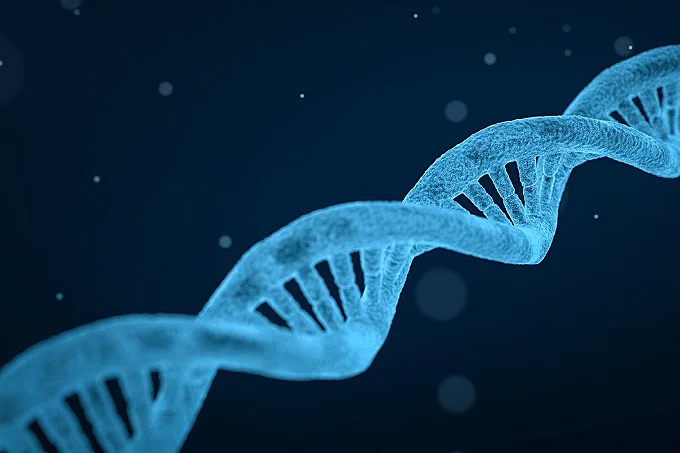Human cloning is a morally contentious subject. It’s now banned practically everywhere, but that doesn’t imply it won’t be in the future. The UN declared in 2005 that all kinds of cloning are incompatible with human dignity and the preservation of human life. Although many nations disagree, the moratorium is accepted globally.
And paradoxes may arise from cloning. Analyzing one element of this phenomenon leads to several questions, which lead to other puzzles. Assume, however, that human cloning becomes legal. Humanity will confront these dilemmas:
Gene regulation
Consider cloning yourself. A clone is a replica of a person’s mind, emotions, and opinions. Imagine how puzzled this mature person would be that he cannot undertake studies on himself or clone himself. This means that a clone of you has arisen on Earth, and it will treat you as a single individual.
Also, the firm that made the clone might claim ownership of its innovation. Isn’t it eerie? This is one of the primary ethical issues that would arise if human cloning is accomplished. Plus, the peculiarity of patent law: human DNA will belong to megacorporations, which would enslave him, breaching all human rights.
Unlawful cloning
Humanity enjoys violating rules; therefore, there is a potential for illegal cloning. To create a human “duplicate,” all you need is biological material: blood, skin, hair color, etc. It’s impossible, but not impossible. Who would do this? You may clone your favorite celebrity, loved one, or politician for religious or commercial reasons. Speaking about politics, some states would find it totally futile to have elections.
Inheritance
A recent Japanese experiment proved this. Scientists have cloned 26 generations of mice, producing 598 identical individuals. This will enable you to immortalize yourself, causing mayhem in the world genetically. We will forget power shifts, periods, and generations. The governing class will keep advocating for their own interests from generation to generation.
A better genome
Cloning may lead to selected alterations to the human genome. Changes in intelligence, memory, hair color, etc. Each subsequent generation will be free of the preceding generation’s flaws, allowing you to construct a flawless duplicate of yourself. The original will be nothing like its “replica” after a hundred years if this is conceivable.
Death cloning
It is feasible to clone recently departed relatives, and whether or not the deceased gave permission to cloning is irrelevant, since we are all selfish in our aspirations, and personal comfort comes first. Legally, the individual died, but the body says otherwise. What to do regarding property, inheritance, and legal responsibility issues? Parents in grieving may want to clone their kids who died. But from an ethical standpoint, it’s a disaster: we get a new individual with a new personality. Also, no kid consents to cloning. To be in the same situation? People may just grow dolls to kill their sadness.
I saw you
This shouldn’t happen with the initial generation of clones, but it might provide an issue in the future. People will think they saw the dead, unaware that it is a clone. If the clone has criminal tendencies, the “original”, who is innocent, may be held accountable.
Identifying the biological original
The clone will have the same anthropometric traits as the original, which is both exciting and inconvenient. Fingerprints and DNA will be identical, making forensic experts’ jobs a nightmare. The currently recognized precedent is not connected to clones but created many issues. A guy was accused of raping a girl in England, but the attacker is a twin brother. Various medical testing failed to convict one brother. How much more when a human is clone!
Sociology
Clones might help researchers better understand how the social environment affects a person. Several clones would be implanted in various situations to monitor their growth and character changes. Inherent traits that constitute a person’s personality? Cloning is a hotly debated topic. Illegally cloned people might be sold as property, sold into slavery, or donated as a biomaterial. The restriction on cloning was probably instituted for these reasons.
